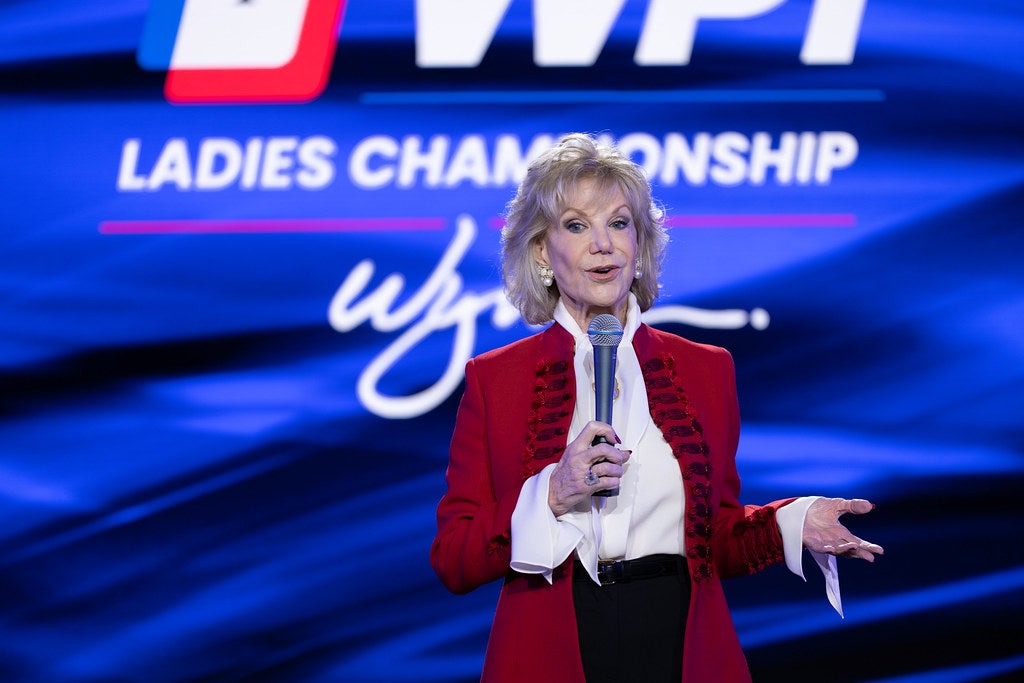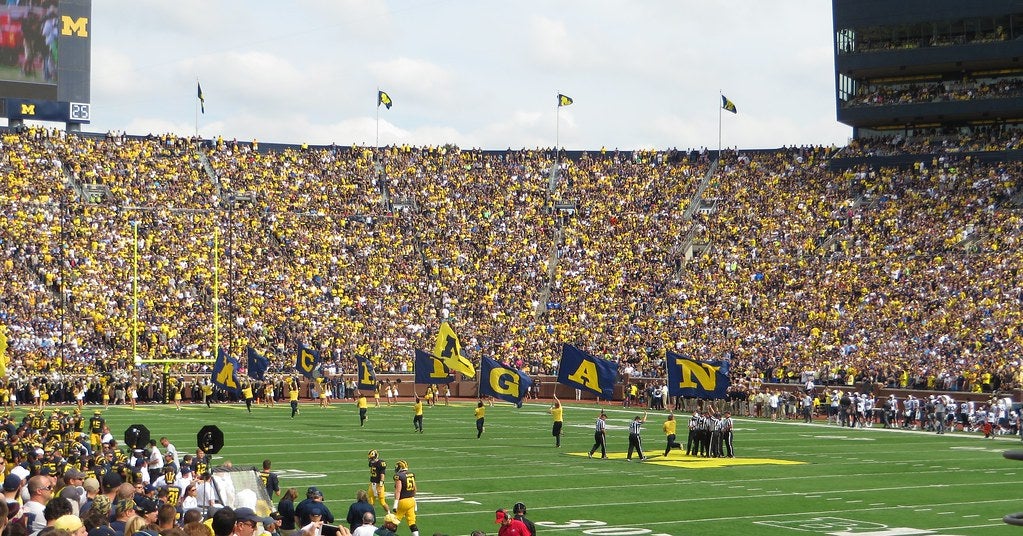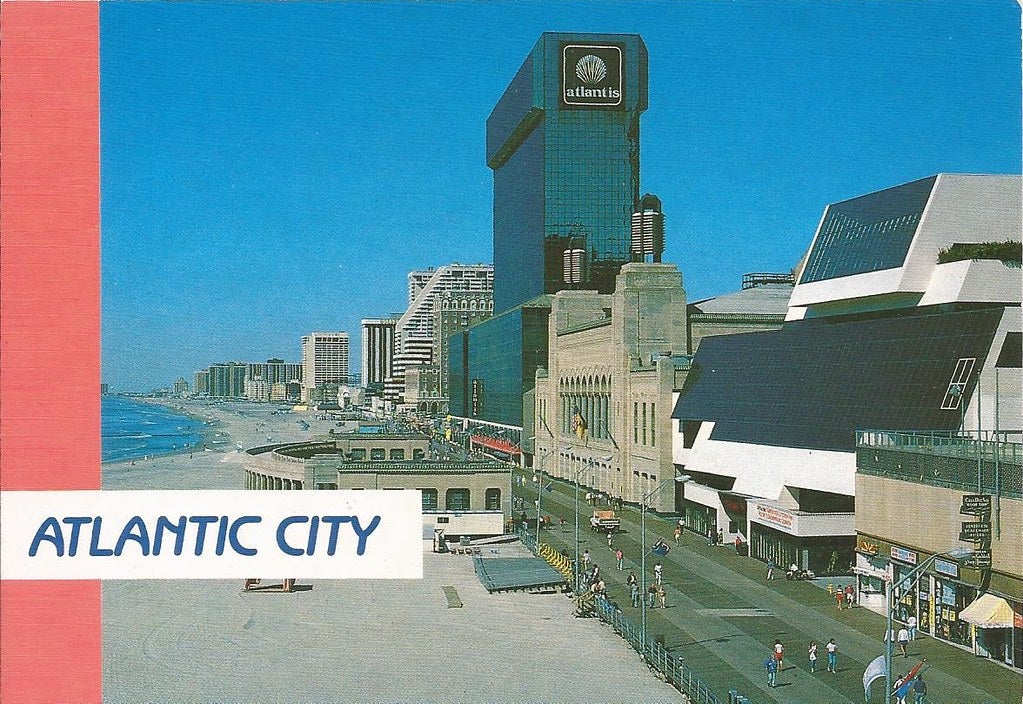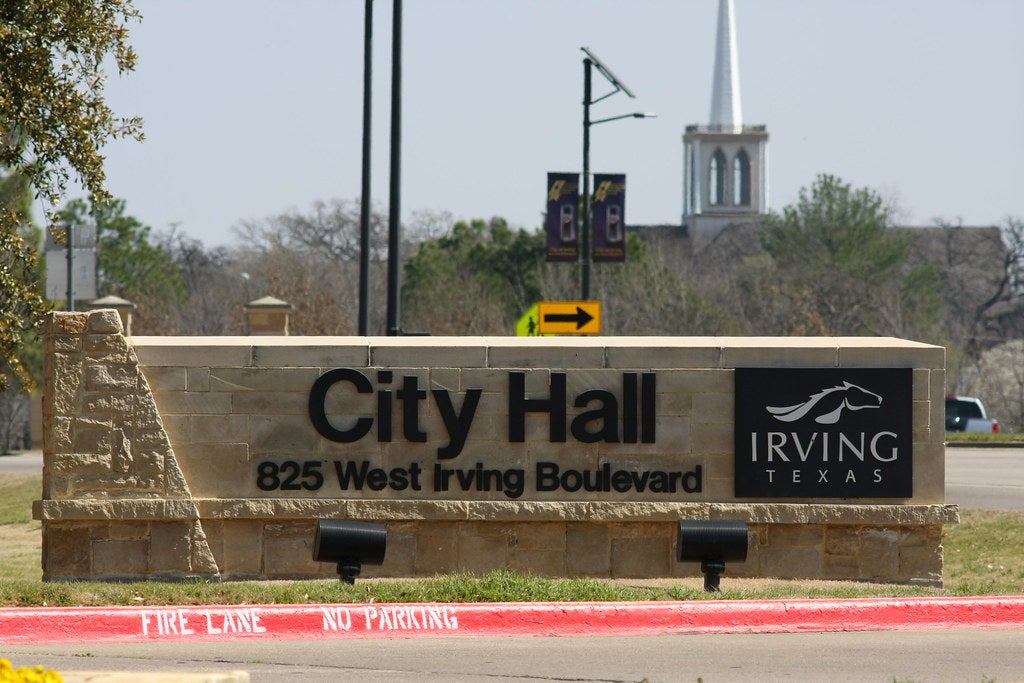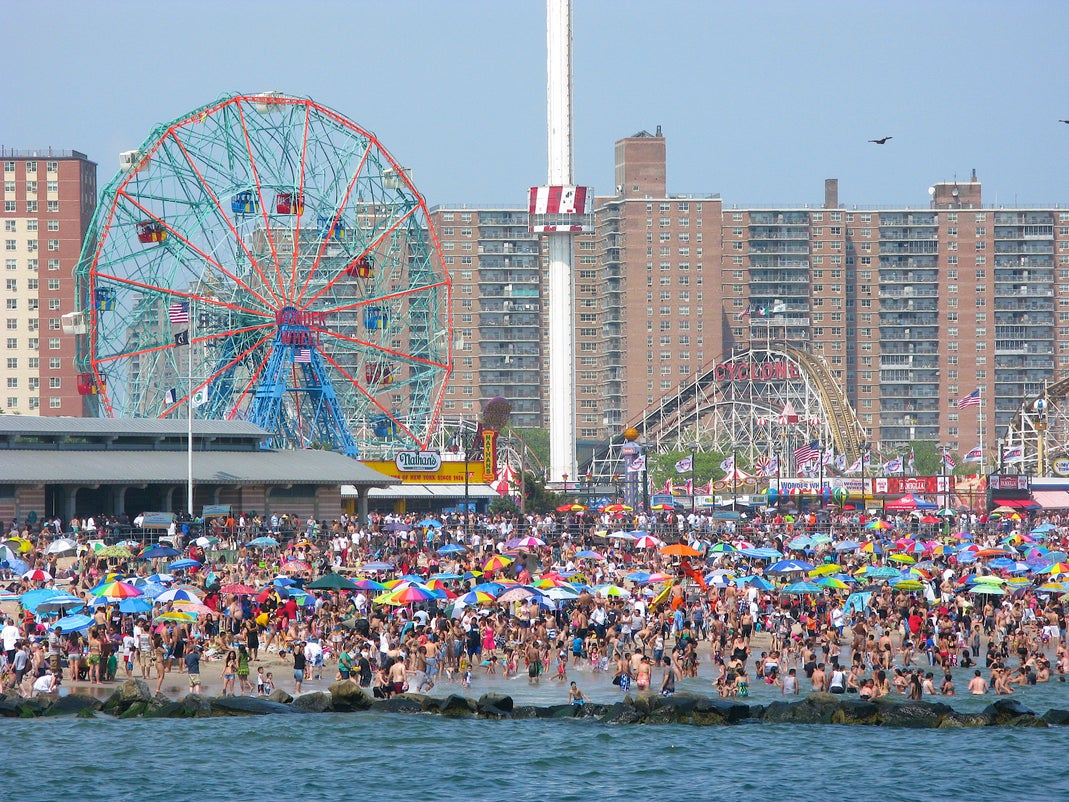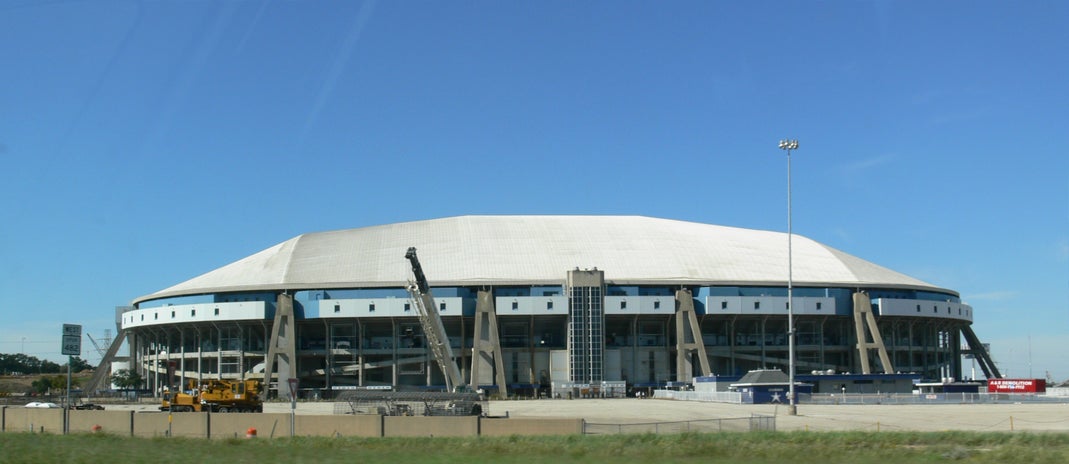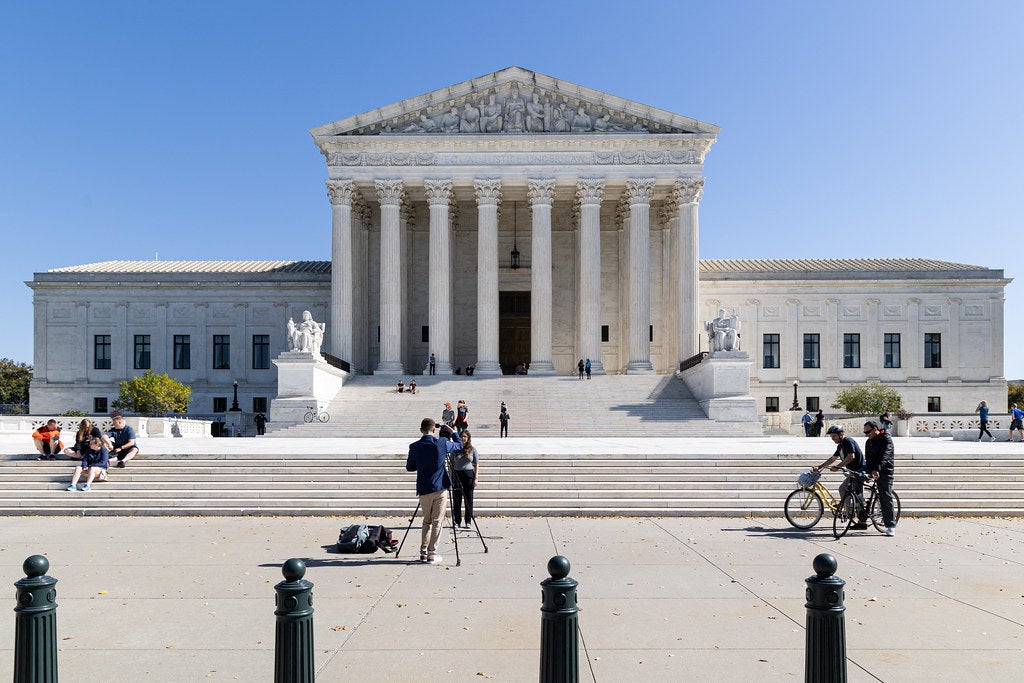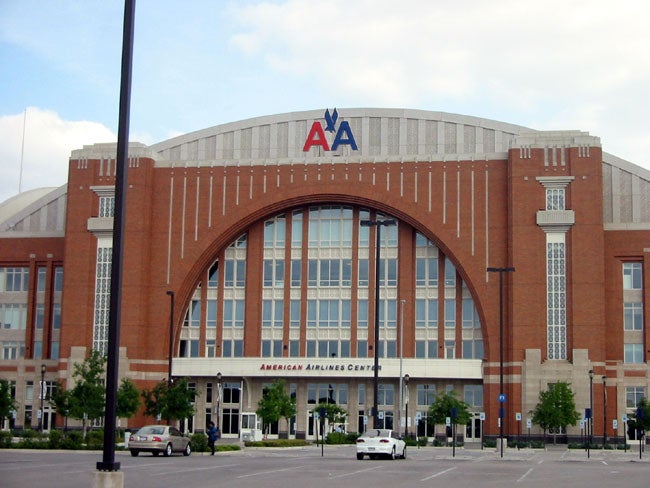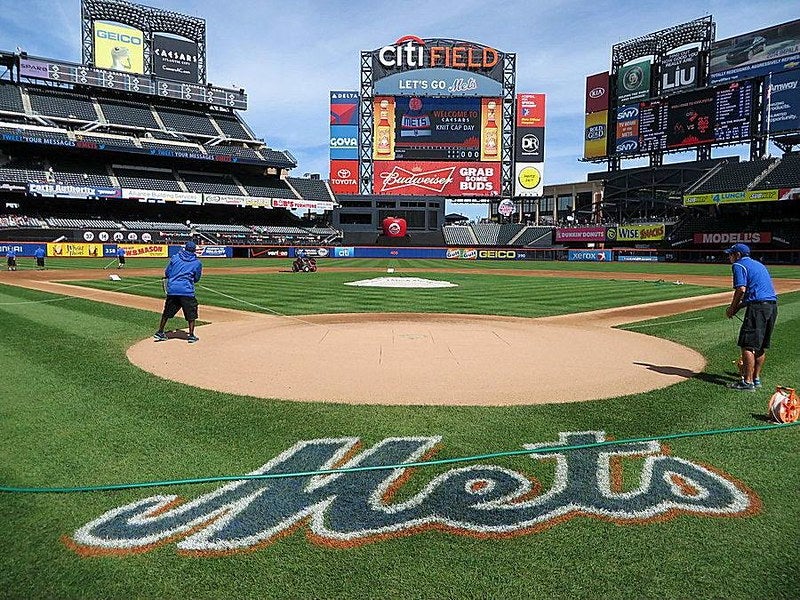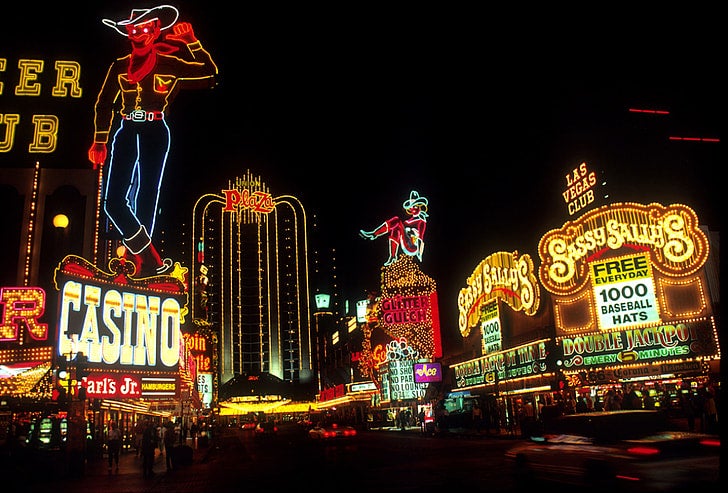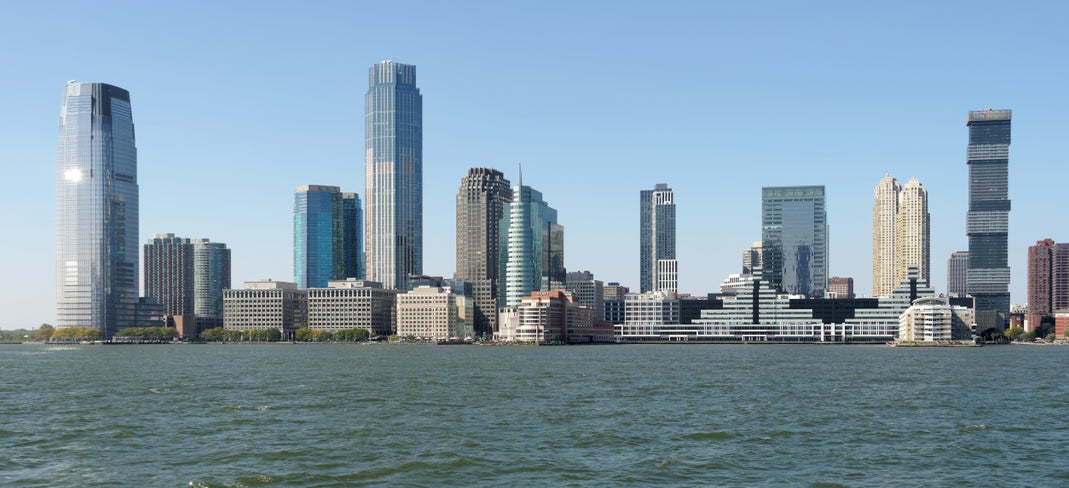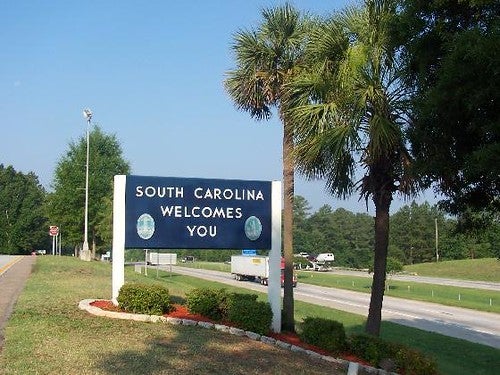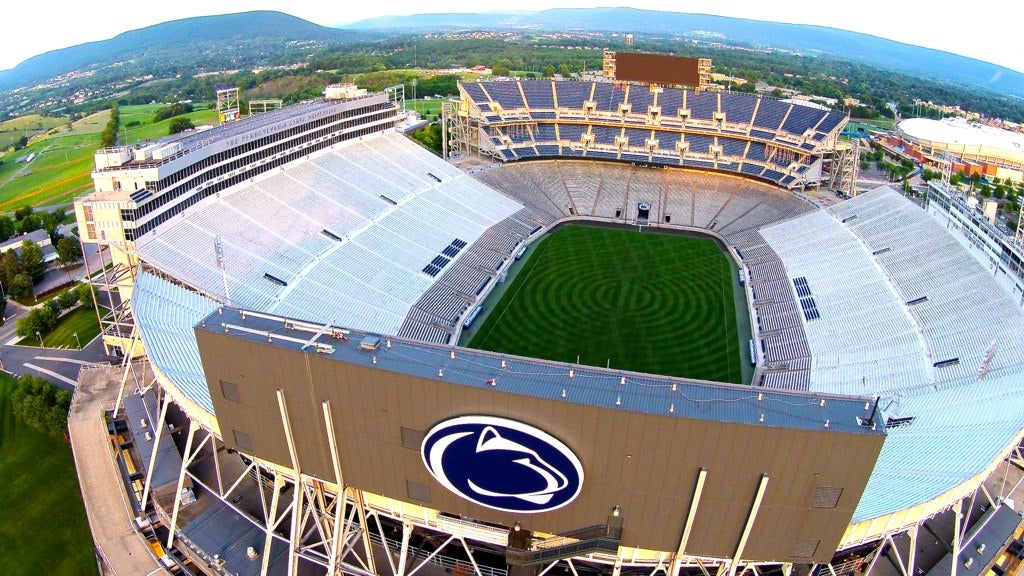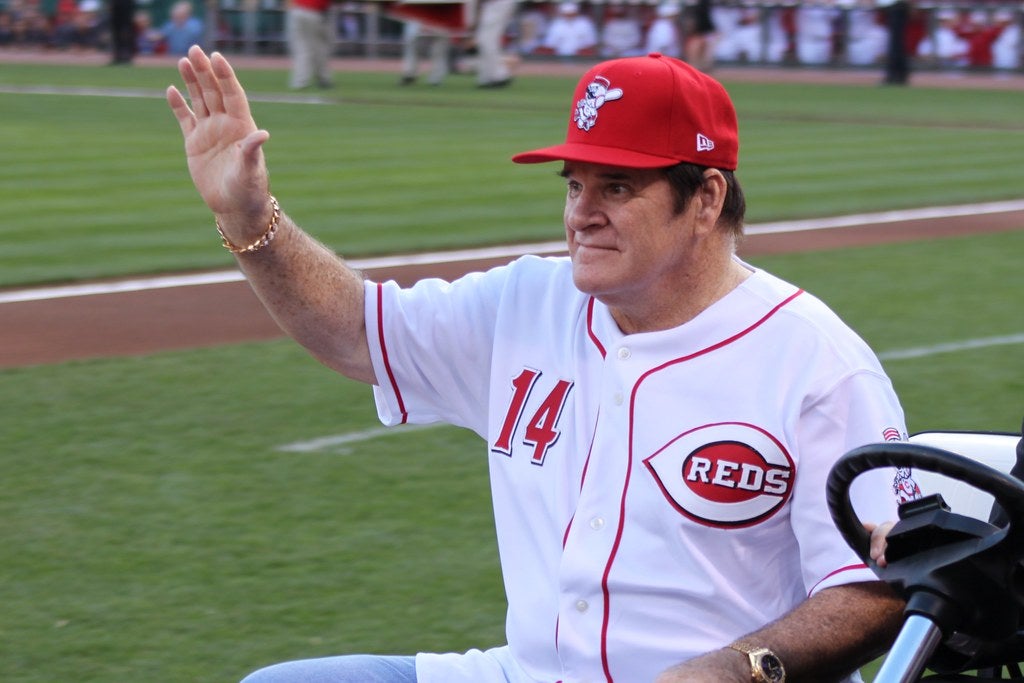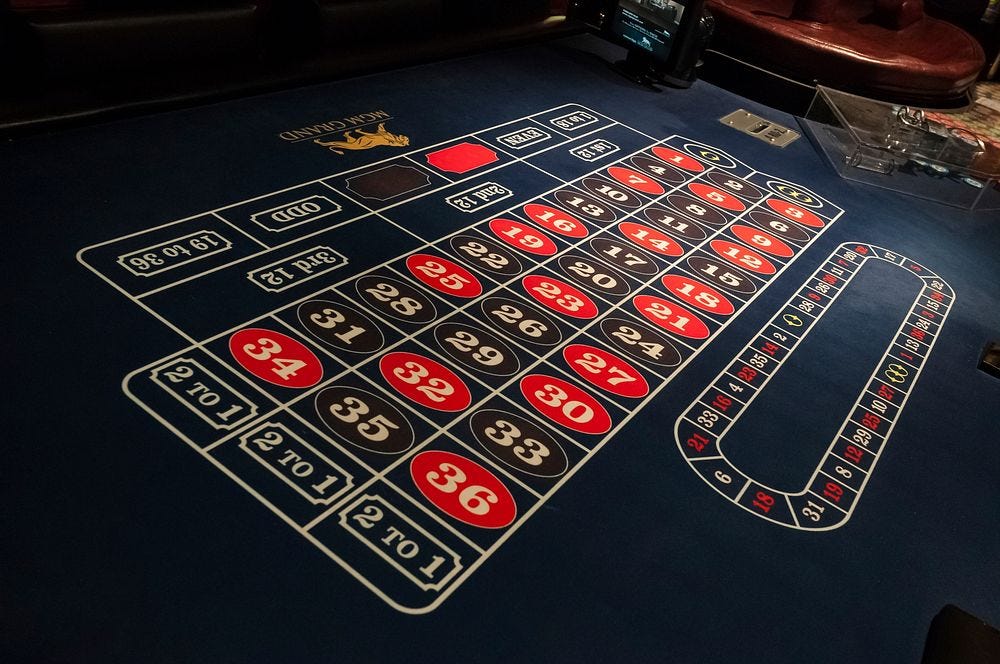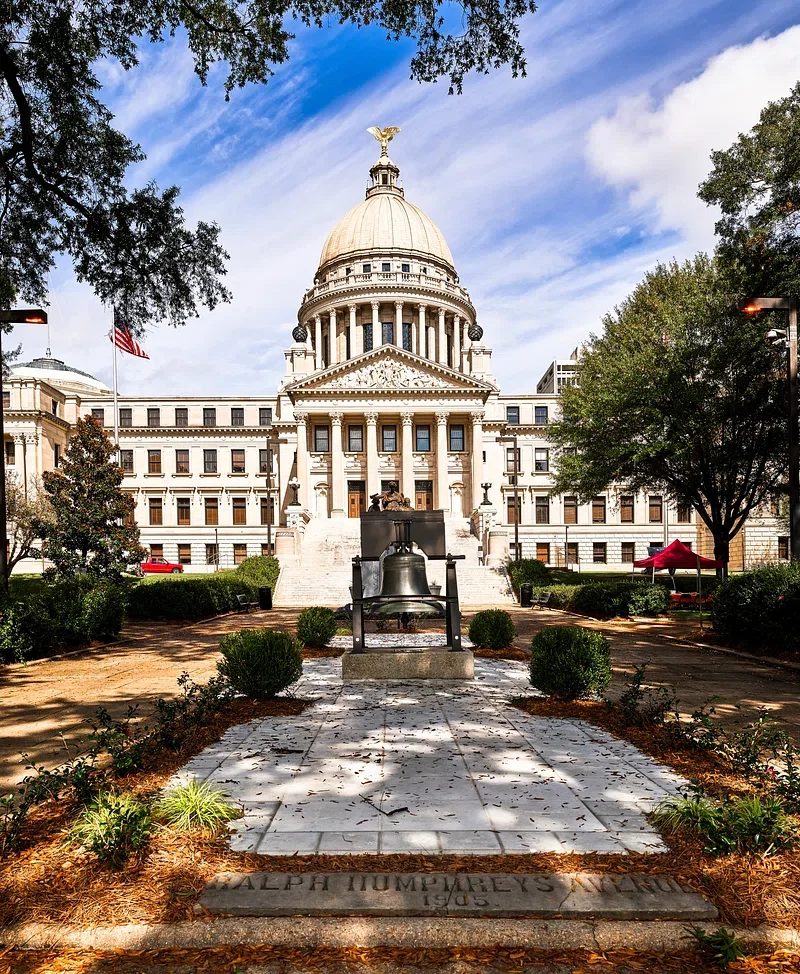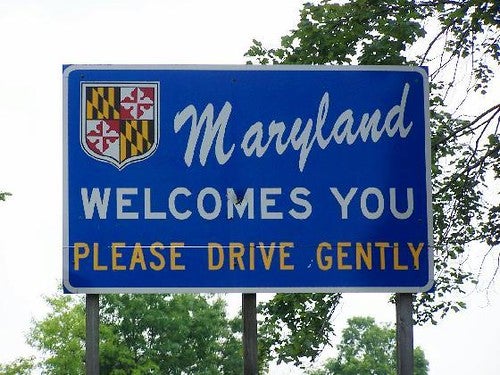Pushing forward
The House Public Policy Committee voted 9-2 in favor of the online casino bill, which would open up a new section within the booming gambling industry.
It would also allow electronic pull tabs in bars and charitable group locations.
“Hoosiers are already playing casino games online [at offshore casinos],” Manning said. “Those platforms operate from foreign markets and target players in jurisdictions where internet gambling isn’t permitted.”
According to the bill, online casino operators would be required to pay a one-time $500,000 licensing fee and $50,000 annually, the latter of which would be used to address problem gambling and responsible gaming initiatives. Operators would also be charged anywhere between 22-30 percent of their gross gaming revenue.
Committee members heard arguments that online gaming would lead to an increase in problem gambling rates and steal revenue from brick-and-mortar facilities.
However, supporters stressed that the bill would create a safer, regulated online marketplace and generate more tax revenue for the state.
Indiana is already the seventh-richest commercial gaming state in the country. The only states ahead of it are Nevada, New Jersey, Pennsylvania, New York, Michigan, and Ohio.
Split opinions
The sports betting boom is still permeating throughout the country, with advertisements skyrocketing, more competitors entering the market, and there being a general de-stigmatization of gambling.
While the topic has somewhat cooled off from a legal standpoint, online casinos and iGaming appear to be forming a wave of their own with many states debating their future.
At the time of writing, only seven states offer legal online casino gaming: Connecticut, Delaware, Michigan, New Jersey, Pennsylvania, Rhode Island, and West Virginia.
“This is happening already. Let’s authorize it, let’s regulate it, and let’s see huge tax revenue,” Manning said.
Lobbyists for Churchill Downs and PENN Entertainment are among several groups that oppose the new legislation, likely due to their ties to retail facilities in the Hoosier State.
An analysis conducted by the Legislative Services Agency found that legal iGaming could net Indiana between $522 million and $1.04 billion annually within three years.
That said, the analysis also projected $98-197 million in revenue losses for retail casinos.







